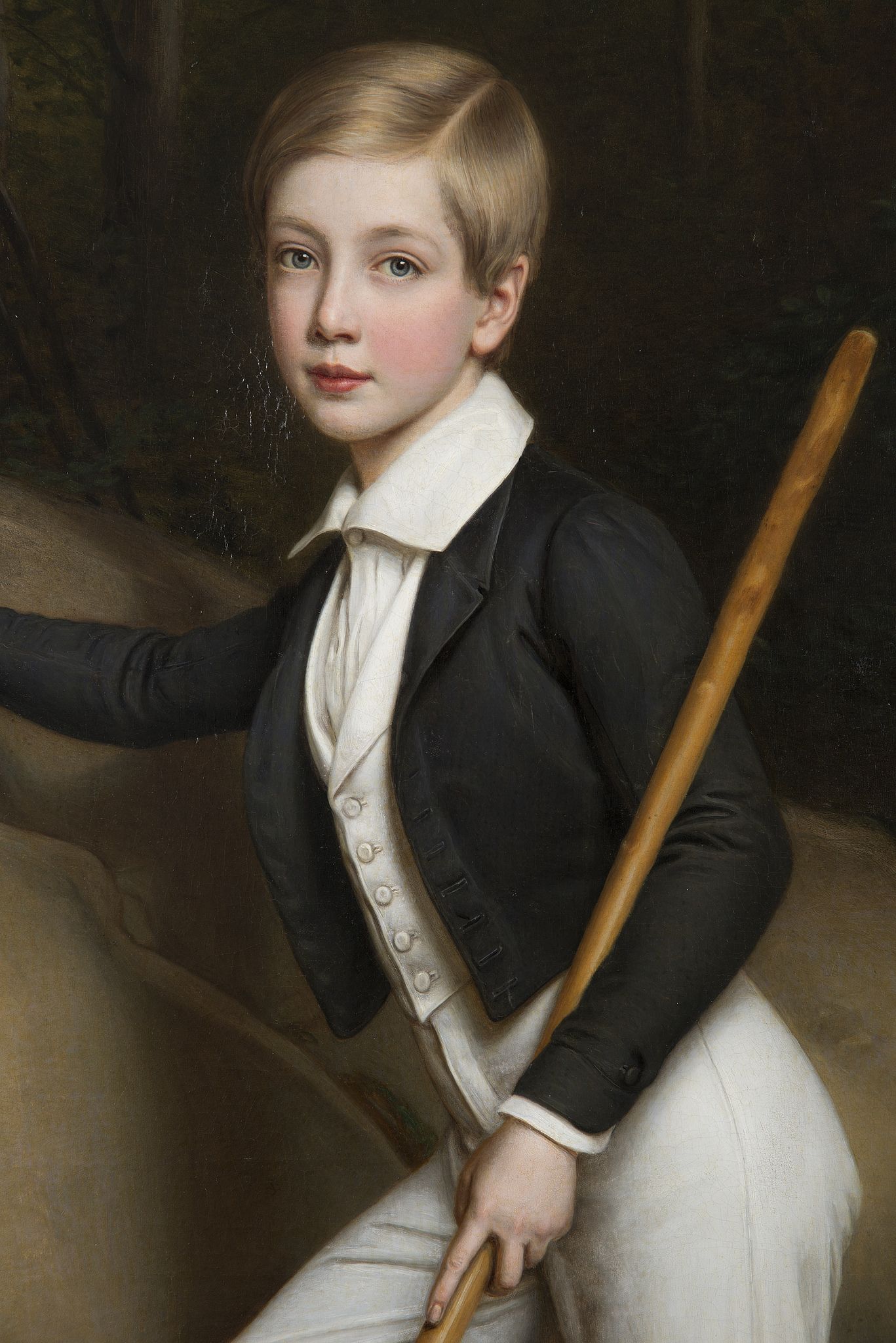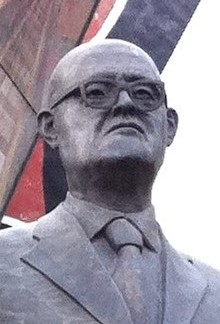|
Under The Volcano
''Under the Volcano'' is a novel by English writer Malcolm Lowry (1909–1957) published in 1947. The novel tells the story of Geoffrey Firmin, an alcoholic British consul in the Mexican city of Quauhnahuac, on the Day of the Dead in November 1939. The book takes its name from the two volcanoes, Popocatepetl and Iztaccihuatl, that overshadow Quauhnahuac and the characters. ''Under the Volcano'' was Lowry's second and last complete novel. The novel was adapted for radio on ''Studio One'' in 1947 but had gone out of print by the time Lowry died in 1957. Its popularity restored, in 1984 it served as the basis of a film of the same name. In 1998, the Modern Library ranked ''Under the Volcano'' at number 11 on its list of the 100 best English-language novels of the 20th century. It was included in Modern Library's 100 Best English-Language Novels, Le Monde's 100 Books of the Century, Time's All-Time 100 Novels, and Anthony Burgess' Ninety-Nine Novels: The Best in English Sin ... [...More Info...] [...Related Items...] OR: [Wikipedia] [Google] [Baidu] |
Malcolm Lowry
Clarence Malcolm Lowry (; 28 July 1909 – 26 June 1957) was an English poet and novelist who is best known for his 1947 novel '' Under the Volcano'', which was voted No. 11 in the Modern Library 100 Best Novels list."Malcolm Lowry" '''', 9 April 2008. Biography Early years in England Lowry was born in , Wirral,[...More Info...] [...Related Items...] OR: [Wikipedia] [Google] [Baidu] |
Ultramarine (novel)
''Ultramarine'' is the first novel by English writer Malcolm Lowry. Published in 1933, the novel follows a young man aboard a steamer in the early 20th century and his struggle to gain acceptance from his crew mates. Lowry tinkered with the novel until his death, adapting it also to make it fit with his second novel, ''Under the Volcano'' (1947). Introduction ''Ultramarine'' is the story of Dana Hilliot, a young man of a well-to-do family who signs up to sail to the Far East on the ''Oedipus Tyrannus''. The crew, and especially Andy, the "chinless cook", don't readily accept him as one of theirs because Dana is from a different socio-economic class: they all saw how his father, driving a luxury car, dropped him off at the ship, and they know that Dana doesn't need to work for a living as they do. Moreover, Dana is a mess-boy who is not particularly good at his work. The novel's action comes to a head when during shore leave, Dana has found enough courage in liquor to insult And ... [...More Info...] [...Related Items...] OR: [Wikipedia] [Google] [Baidu] |
Maximilian Of Mexico
Maximilian I (german: Ferdinand Maximilian Josef Maria von Habsburg-Lothringen, link=no, es, Fernando Maximiliano José María de Habsburgo-Lorena, link=no; 6 July 1832 – 19 June 1867) was an Austrian archduke who reigned as the only Emperor of the Second Mexican Empire from 10 April 1864 until his execution on 19 June 1867. A member of the House of Habsburg-Lorraine, Maximilian was the younger brother of Emperor Franz Joseph I of Austria. He had a distinguished career as the Austrian viceroy of Lombardy–Venetia and the commander-in-chief of the Imperial Austrian Navy. His involvement in Mexico came about after Second French Empire, France, together with History of Spain (1810–73), Spain and the United Kingdom of Great Britain and Ireland, United Kingdom, had occupied the port of Veracruz (city), Veracruz in the winter of 1861 to pressure the Second Federal Republic of Mexico, Mexican government into settling its debts with the three powers after Mexico had announced a s ... [...More Info...] [...Related Items...] OR: [Wikipedia] [Google] [Baidu] |
Hotel Casino De La Selva
The Hotel Casino de la Selva (Jungle Casino Hotel) was a hotel and casino located in the city of Cuernavaca, Mexico. The main building was opened in 1931 as a hotel and casino, but from 1934 it was used only as a hotel. Additions in the late 1950s included buildings designed by the architect Félix Candela that were roofed by reinforced concrete paraboloid shells. The interior was decorated with murals by well-known Mexican and Spanish artists. After the 1970s the hotel went into decline, and in 1994 was sold to a hotel chain that failed to pay taxes on the property. It was seized by the Mexican government and was auctioned off in 2001 as a site for construction of a discount store and a hypermarket. After demolition had begun there was a public outcry, and eventually some parts of the murals were preserved. History Initial construction (1931) Cuernavaca in the early 1930s held the homes of several former generals who later became presidents, Plutarco Elías Calles, Lázaro Cárd ... [...More Info...] [...Related Items...] OR: [Wikipedia] [Google] [Baidu] |
Anisette
Anisette, or Anis, is an anise-flavored liqueur that is consumed in most Mediterranean countries. It is colorless, and because it contains sugar, is sweeter than dry anise flavoured spirits (e.g. absinthe). The most traditional style of anisette is that produced by means of distilling aniseed, and is differentiated from those produced by simple maceration by the inclusion of the word ''distilled'' on the label. And while Pastis is a similar-tasting liqueur that is prepared in similar fashion and sometimes confused with anisette, it employs a combination of both aniseed and licorice root extracts. Sambuca is essentially an anisette of Italian origin that requires a high minimum (350g/L) sugar content. The liqueur is often mixed with water or poured over ice cubes because of its strong flavour. Geographical spread Mediterranean In the Mediterranean Basin, anise-based or liquorice-based spirits include: * Spain: Anís del Mono ("the monkey's anisette") has been produced sinc ... [...More Info...] [...Related Items...] OR: [Wikipedia] [Google] [Baidu] |
Kabbalah
Kabbalah ( he, קַבָּלָה ''Qabbālā'', literally "reception, tradition") is an esoteric method, discipline and school of thought in Jewish mysticism. A traditional Kabbalist is called a Mekubbal ( ''Məqūbbāl'' "receiver"). The definition of Kabbalah varies according to the tradition and aims of those following it, from its origin in medieval Judaism to its later adaptations in Western esotericism ( Christian Kabbalah and Hermetic Qabalah). Jewish Kabbalah is a set of esoteric teachings meant to explain the relationship between the unchanging, eternal God—the mysterious '' Ein Sof'' (, ''"The Infinite"'')—and the mortal, finite universe (God's creation). It forms the foundation of mystical religious interpretations within Judaism. Jewish Kabbalists originally developed their own transmission of sacred texts within the realm of Jewish tradition and often use classical Jewish scriptures to explain and demonstrate its mystical teachings. These teachings are h ... [...More Info...] [...Related Items...] OR: [Wikipedia] [Google] [Baidu] |
Narrative Mode
Narration is the use of a written or spoken commentary to convey a story to an audience. Narration is conveyed by a narrator: a specific person, or unspecified literary voice, developed by the creator of the story to deliver information to the audience, particularly about the plot (the series of events). Narration is a required element of all written stories (novels, short stories, poems, memoirs, etc.), with the function of conveying the story in its entirety. However, narration is merely optional in most other storytelling formats, such as films, plays, television shows, and video games, in which the story can be conveyed through other means, like dialogue between characters or visual action. The narrative mode encompasses the set of choices through which the creator of the story develops their narrator and narration: * ''Narrative point of view, perspective,'' or ''voice'': the choice of grammatical person used by the narrator to establish whether or not the narrator and ... [...More Info...] [...Related Items...] OR: [Wikipedia] [Google] [Baidu] |
Mexico Popocatepetl
Mexico (Spanish: México), officially the United Mexican States, is a country in the southern portion of North America. It is bordered to the north by the United States; to the south and west by the Pacific Ocean; to the southeast by Guatemala, Belize, and the Caribbean Sea; and to the east by the Gulf of Mexico. Mexico covers ,Mexico ''''. . making it the world's 13th-largest country [...More Info...] [...Related Items...] OR: [Wikipedia] [Google] [Baidu] |
Modern Library List Of Best 20th-Century Novels
Modern Library's 100 Best Novels is a 1998 list of the best English-language novels published during the 20th century, as selected by Modern Library from among 400 novels published by Random House, which owns Modern Library.Jessica Woodbury"Back Away From that 100 Best Novels List" ''Book Riot'', August 23, 2017. The purpose of the list was to "bring the Modern Library to public attention" and stimulate sales of its books.Paul Lewis"'Ulysses' at Top As Panel Picks 100 Best Novels" ''The New York Times'', July 20, 1998. A separate Modern Library 100 Best Nonfiction list of the 100 best non-fiction books of the 20th century was created the same year. Editors' list During early 1998, the Modern Library polled its editorial board to find their opinions of the best 100 novels. The board of review consisted of Daniel J. Boorstin, A. S. Byatt, Christopher Cerf, Shelby Foote, Vartan Gregorian, Edmund Morris, John Richardson, Arthur Schlesinger Jr., William Styron and Gore Vidal. All ... [...More Info...] [...Related Items...] OR: [Wikipedia] [Google] [Baidu] |
Mexico
Mexico ( Spanish: México), officially the United Mexican States, is a country in the southern portion of North America. It is bordered to the north by the United States; to the south and west by the Pacific Ocean; to the southeast by Guatemala, Belize, and the Caribbean Sea; and to the east by the Gulf of Mexico. Mexico covers ,Mexico '' The World Factbook''. . making it the world's 13th-largest country by area; with approximately 12 ... [...More Info...] [...Related Items...] OR: [Wikipedia] [Google] [Baidu] |
Divine Comedy
The ''Divine Comedy'' ( it, Divina Commedia ) is an Italian narrative poem by Dante Alighieri, begun 1308 and completed in around 1321, shortly before the author's death. It is widely considered the pre-eminent work in Italian literature and one of the greatest works of world literature. The poem's imaginative vision of the afterlife is representative of the medieval worldview as it existed in the Western Church by the 14th century. It helped establish the Tuscan language, in which it is written, as the standardized Italian language. It is divided into three parts: '' Inferno'', '' Purgatorio'', and '' Paradiso''. The narrative takes as its literal subject the state of the soul after death and presents an image of divine justice meted out as due punishment or reward, and describes Dante's travels through Hell, Purgatory, and Heaven. Allegorically, the poem represents the soul's journey towards God, beginning with the recognition and rejection of sin (''Inferno''), fol ... [...More Info...] [...Related Items...] OR: [Wikipedia] [Google] [Baidu] |
Dante Alighieri
Dante Alighieri (; – 14 September 1321), probably baptized Durante di Alighiero degli Alighieri and often referred to as Dante (, ), was an Italian poet, writer and philosopher. His '' Divine Comedy'', originally called (modern Italian: ''Commedia'') and later christened by Giovanni Boccaccio, is widely considered one of the most important poems of the Middle Ages and the greatest literary work in the Italian language. Dante is known for establishing the use of the vernacular in literature at a time when most poetry was written in Latin, which was accessible only to the most educated readers. His '' De vulgari eloquentia'' (''On Eloquence in the Vernacular'') was one of the first scholarly defenses of the vernacular. His use of the Florentine dialect for works such as '' The New Life'' (1295) and ''Divine Comedy'' helped establish the modern-day standardized Italian language. His work set a precedent that important Italian writers such as Petrarch and Boccaccio woul ... [...More Info...] [...Related Items...] OR: [Wikipedia] [Google] [Baidu] |







.jpg)